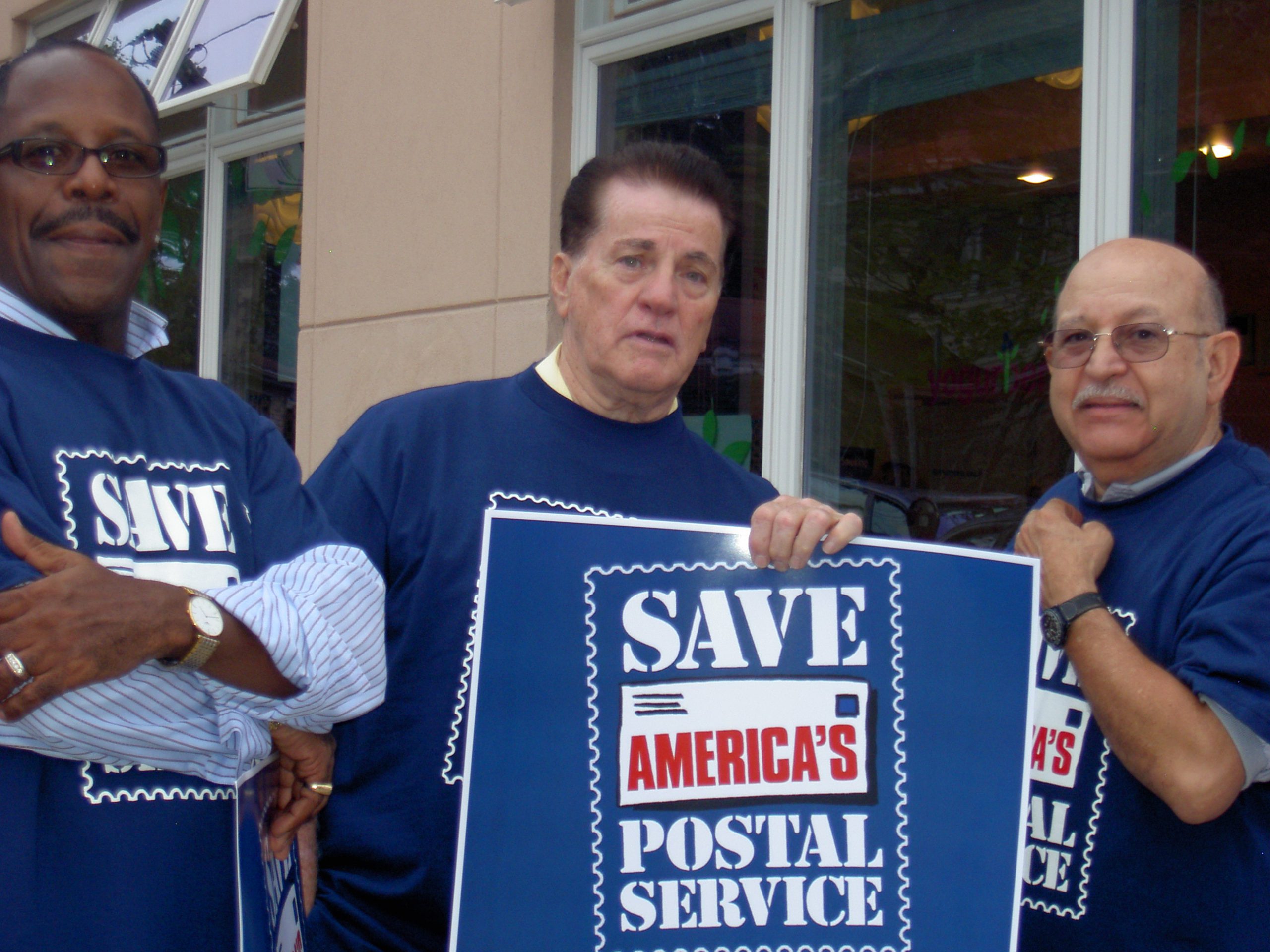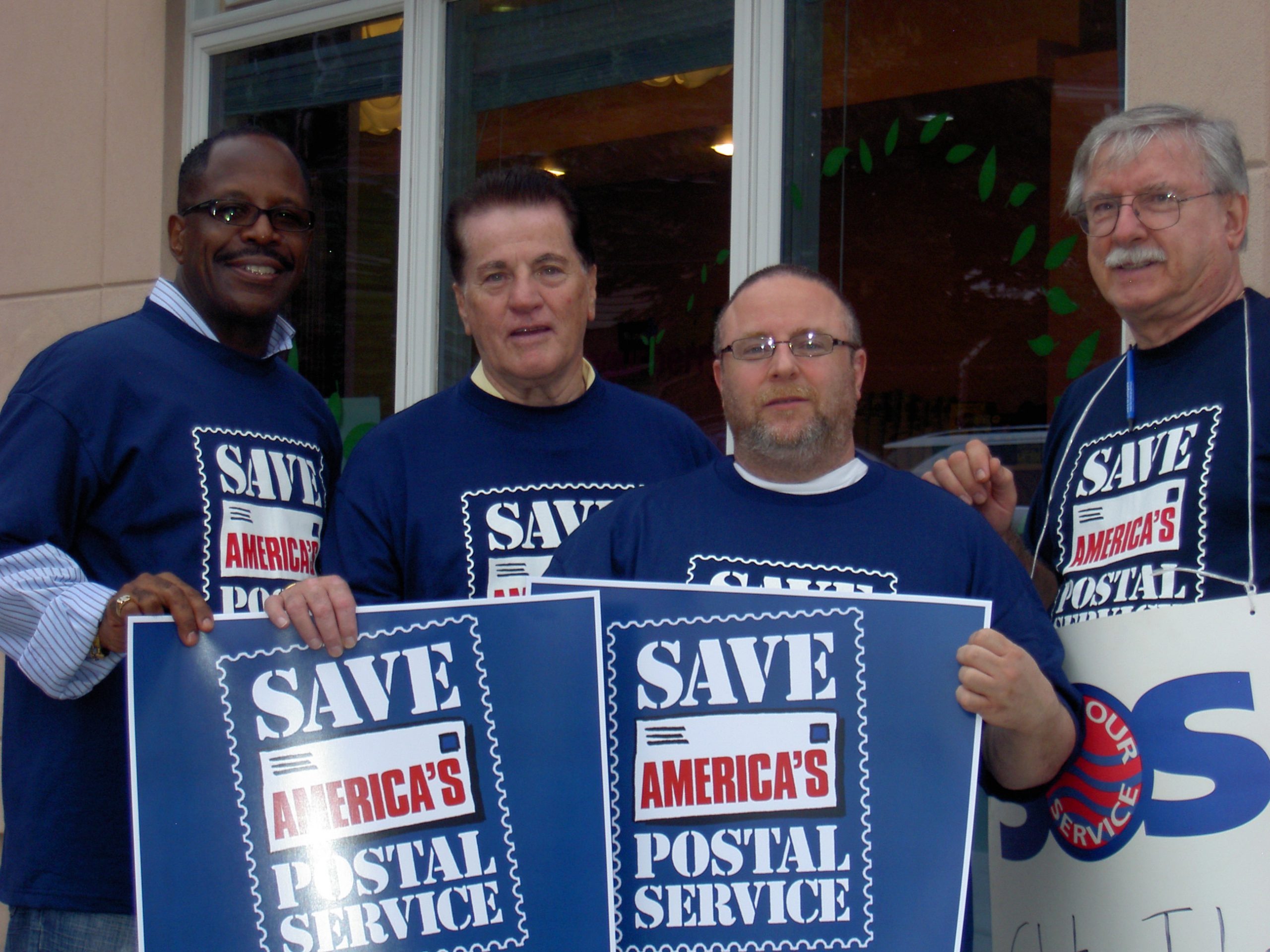NAPS Leg/Reg Update – October 20, 2011
Two recent events have triggered questions from NAPS members about the chances of Congress passing legislation that helps the Postal Service and deals with its financial problems.
The first involved the Government Accountability Office’s finding that the OPM complied with federal law in determining how much USPS should pay for its CSRS pension obligations, undermining the transfer of additional assets to USPS. The second event involved the House Oversight and Government Reform Committee’s approval of a new version of the Issa-Ross postal reform legislation, H.R. 2309. NAPS continues to oppose the legislation as approved by the House Committee.
These two events have prompted questions about the GAO report, the future of H.R. 1351 and what it means for legislation on Capitol Hill to save the Postal Service. Here are the answers to some of those questions:
What did GAO really find? Did GAO conclude that the Postal Service did not overpay its pension obligations?
The GAO found only that OPM’s actions in calculating how much the Postal Service owed for its CSRS obligations were “consistent with the law,” regardless of the fairness of the allocation of CSRS payments between the Postal Service and the Treasury.
Does GAO’s finding mean that the Postal Service will not receive a refund for any overpayment of its CSRS obligations?
The GAO finding will make it much more difficult for the Postal Service to receive a refund of any overpayment of its CSRS obligations. Even before the GAO finding, significant political and budget-scoring barriers were making it difficult to convince Congress to provide a refund of CSRS assets to the Postal Service. The White House also has registered deficit-based concerns and only supports the return of overpaid FERS assets to the Postal Service, not overpaid CSRS assets.
Does GAO’s finding mean that H.R. 1351 is dead?
We always knew that getting H.R. 1351 approved by the Republican-controlled House of Representatives was going to be difficult. Many House Republicans have resisted H.R. 1351 because of its impact on the federal deficit. In the Senate, however, pending postal bills introduced by Sen. Tom Carper (S. 1010) and Sen. Susan Collins (S. 353) would deal with the overpayment issue, just as H.R. 1351 does. They require OPM to recalculate the Postal Service’s CSRS payments since 1971 using a different method more fair and favorable to the Postal Service. But now, the GAO report will make it more difficult to secure Senate approval of the Carper or Collins bills with inclusion of the CSRS recalculation provisions. Sen. Carper has suggested setting aside the CSRS issue to craft a bill with greater chances of approval by the Senate.
Does all of this mean that our efforts to get Congress to pass H.R. 1351 are for naught?
By no means! GAO’s finding does not suggest that our lobbying efforts, including the Save America’s Postal Service Rally on September 27, have been worthless. Just the opposite, in fact. These actions have elevated public attention to show exactly why the Postal Service’s finances are what they are and the impact of the burdensome retiree health prefunding payments.
The schedule governing these massive retiree health prefunding payments must be changed by Congress. This is the same situation a bank and homeowner face when the bank revises its mortgage payment schedule because the homeowner faces financial difficulties and the threat of foreclosure. The revision of the retiree health payment obligations is just the same, and remains an important focus of H.R. 1351 and the Carper and Collins bills. NAPS continues to urge Congress to revise the retiree health payment schedule to restore the Postal Service’s near-term financial stability, while addressing its longer-term business model needs.
When will H.R. 2309 be brought to the House floor? When will the Senate begin to move a bill?
The House Republican leadership has not announced its schedule for bringing H.R. 2309 to a floor vote.
In the Senate, efforts are underway in the Homeland Security and Governmental Affairs Committee to craft a bipartisan measure more sensible than H.R. 2309. Sen. Joe Lieberman (I-CT) and Sen. Collins (R-ME), the top Democrat and Republican on the Committee, have indicated their intent to recommend the package that emerges to the House-Senate deficit reduction supercommittee for inclusion in its package of recommendations. NAPS will continue to keep you advised of further developments.
Bruce Moyer
Legislative Counsel to NAPS





